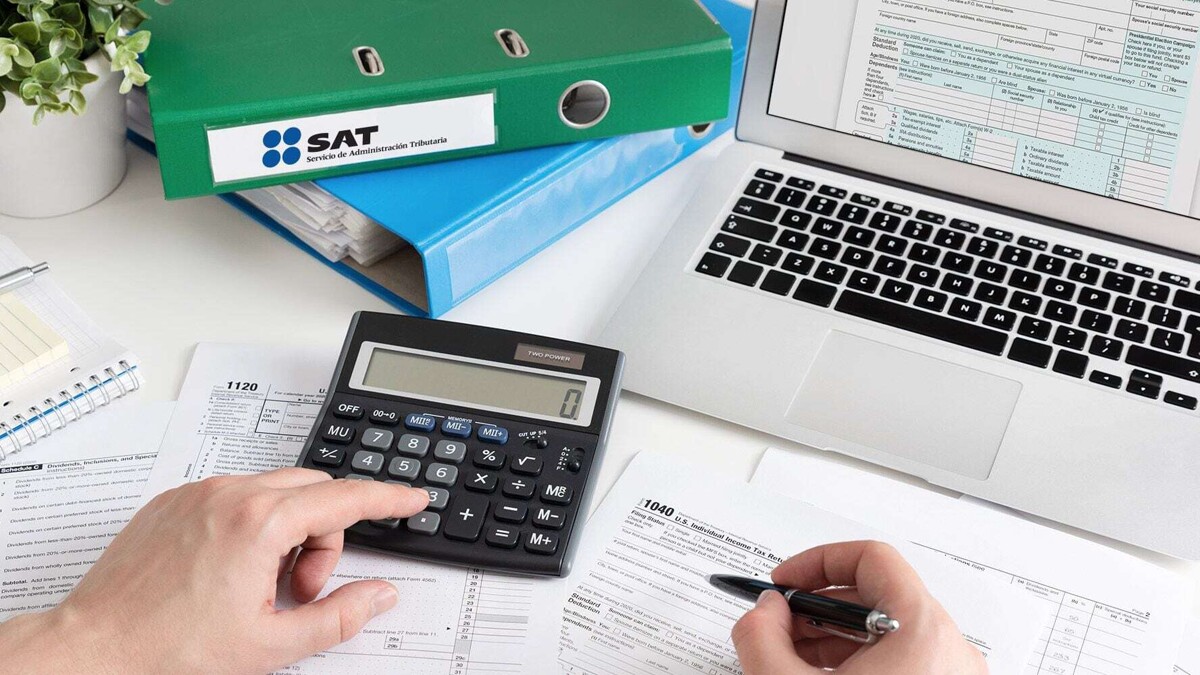
The deadline to submit the annual declaration for 2025 to the Tax Administration Service is approaching, for both legal entities and individuals. Submitting the declaration on time is crucial to avoid penalties and possible setbacks, such as system outages on the SAT portal. Additionally, doing it in advance offers advantages such as clarifying tax situations, preventing errors, and increasing the possibility of obtaining a refund. Furthermore, maintaining a good history with the tax authority is essential if there are plans to apply for bank loans in the future.
The 2025 annual declaration can be submitted starting January 1, but it has a deadline that varies for each case. Failing to do so on time can lead to fines that depend on the delay duration and other factors. In some cases, failure to submit may be interpreted as tax evasion by the SAT, which could lead to an audit of your income.
In the case of legal entities, all companies registered with the SAT must submit the annual declaration, regardless of their activity or income. On the other hand, individuals only need to submit it if they engaged in certain activities in 2024, such as receiving income from fees, rentals, working for multiple employers, surpassing 400,000 pesos per year in income, or having foreign income.
To complete the annual declaration, it is necessary to have key documents such as the RFC, E-Firma, the SAT portal password, and banking information for potential tax refunds. Some individuals are exempt from the procedure, such as those who only received income from salary from a single employer or those who received income already subject to tax withholding.
Failing to submit the 2025 annual declaration results in fines, surcharges, and other sanctions for non-compliance. Fines can range from 1,810 to 44,790 pesos, according to Article 82 of the Federal Tax Code. It is essential to comply with this mandatory procedure to avoid economic sanctions and maintain good tax compliance.














